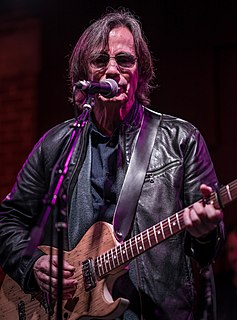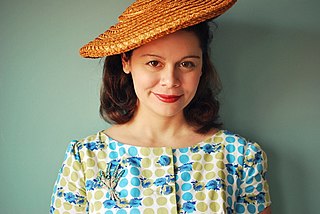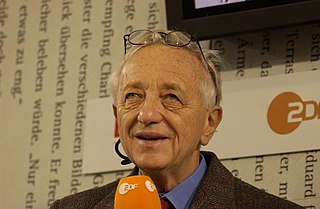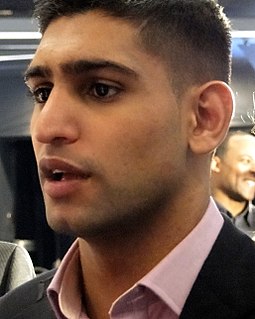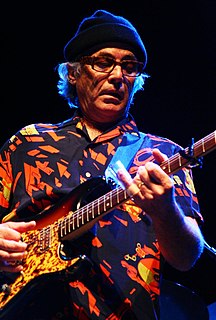A Quote by Jackson Browne
Like, What is the least often heard sentence in the English language? That would be: Say, isn't that the banjo player's Porsche parked outside?
Related Quotes
James Joyce's English was based on the rhythm of the Irish language. He wrote things that shocked English language speakers but he was thinking in Gaelic. I've sung songs that if they were in English, would have been banned too. The psyche of the Irish language is completely different to the English-speaking world.
I wrote a post about wanting to buy a banjo - a $300 banjo, which is a lot of money, and I don't play instruments; I don't know anything about music. I like music, and I like banjos, and I think I probably heard Steve Martin playing, and I said, 'I could do that.' And I said to my husband, I said, 'Ben, can I buy a banjo?' And he's like, 'No.'
I first heard the banjo on the Beverly Hillbillies, and from then on I was banjo-conscious. But I didn't actually get one until my grandfather gave me one, almost by mistake. He knew I was playing a little bit of guitar. He saw a banjo at a flea market and bought it. I took it home with me and just never put it down. I was fifteen.
Part of what makes a language 'alive' is its constant evolution. I would hate to think Britain would ever emulate France, where they actually have a learned faculty whose job it is to attempt to prevent the incursion of foreign words into the language. I love editing Harry with Arthur Levine, my American editor-the differences between 'British English' (of which there must be at least 200 versions) and 'American English' (ditto!) are a source of constant interest and amusement to me.
One of my favorite tricks was taking a page and having the first student translate it from English into whatever language he or she was working on, and the next one would translate it back into English and then into the foreign language, and we'd go around the room and compare the two English versions at the end, and it would be amazing how much survived.
The revival of Hebrew, as a spoken language, is a fascinating story, which I'm afraid I cannot squeeze into a few sentences. But, let me give you a clue. Think about Elizabethan English, where the entire English language behaved pretty much like molten lava, like a volcano in mid-eruption. Modern Hebrew has some things in common with Elizabethan English. It is being reshaped and it's expanding very rapidly in various directions. This is not to say that every one of us Israeli writers is a William Shakespeare, but there is a certain similarity to Elizabethan English.
